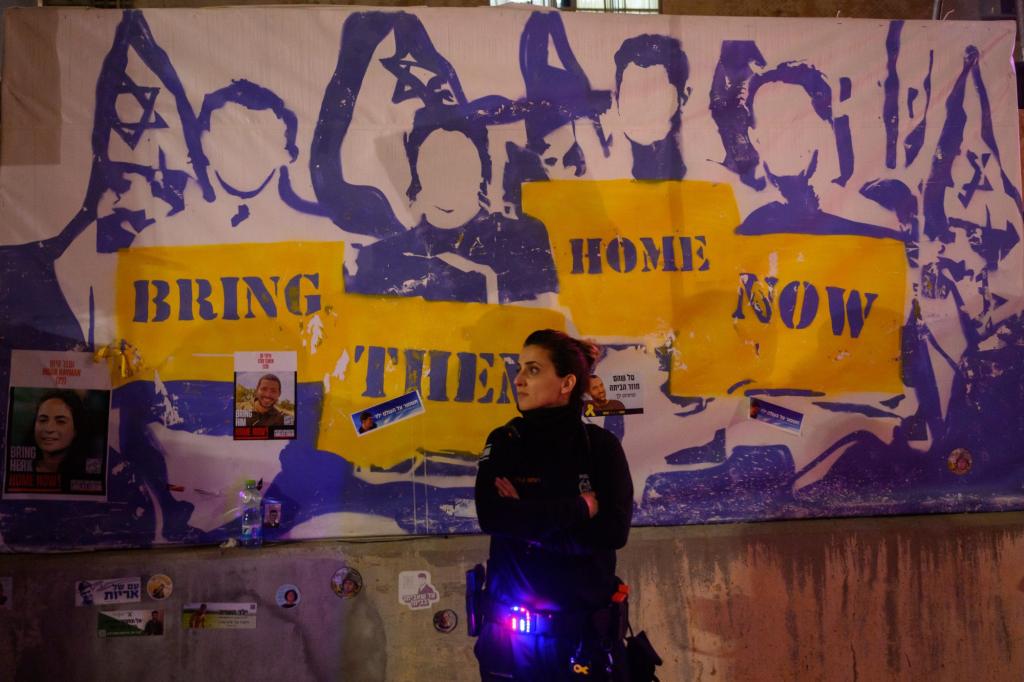The Agony and the Aftermath: Hostages, Heartbreak, and Ongoing Struggles
The recent cease-fire between Israel and Hamas has brought a glimmer of hope with the release of hostages, yet it also unveiled the profound emotional toll on those freed and their families. The liberation of three men, though a relief, revealed their harrowing ordeal. Their emaciated state was a stark testament to their captivity. Eli Sharabi’s experience was particularly wrenching; Hamas informed him of his brother Yossi’s death during captivity, only for Sharabi to discover upon his return the tragic loss of his wife, Lianne, and their daughters Noiya and Yahel, who were slain during his abduction. This devastating revelation underscores the deep scars left by such conflicts.
The Cost of Freedom: A Complex Exchange
The release of these hostages came at a significant cost. Israel freed 183 Palestinians convicted of terrorism, including 18 serving life sentences, highlighting the contentious nature of such exchanges. The decision to release these individuals has sparked debate, balancing the joy of reuniting families with the concerns over justice and security. This trade-off epitomizes the difficult choices faced in conflict resolution, where human lives and legal reckonings intersect.
A Grim Discovery: The Fate of the Bibas Family
Amid the cease-fire, a somber revelation has emerged regarding Shiri Bibas and her children, Ariel and Kfir. Reports indicate that their bodies may lie beneath rubble, with Hamas conditioning their handover on Israel providing excavation equipment. This news, yet unconfirmed by other outlets, casts a shadow of uncertainty and anguish over the family and community, prolonging their grief and emphasizing the cease-fire’s faltering promise of closure.
Rewards for Terrorism: The "Pay-for-Slay" Program
The Palestinian Authority’s allocation of nearly $200,000 each to 734 released terrorists through its "pay-for-slay" program adds another layer of complexity. Critics argue this incentivizes violence, diverting funds from essential public services. This practice, while politically contentious, reflects broader challenges in governance and accountability, raising questions about the PA’s role in fostering peace and stability.
Hostages Still Held, Hopes and Heartaches
Seventy-six hostages remain captive, 30 feared dead, their fates hanging precariously in the balance. This uncertainty compounds the anguish for their families, seeking any shred of hope. The condition of the recently released hostages, described by Israeli President Isaac Herzog as a "crime against humanity," serves as a poignant reminder of the glaring humanitarian crises embedded in this conflict.
Cease-Fire and Ceaseless Sorrow: The Path Ahead
The cease-fire offers a temporary reprieve from violence but no respite from the enduring emotional pain. As the region navigates this fragile peace, the focus must remain on securing the release of all hostages and upholding justice. Beyond the headlines, the stories of shattered lives and unrelenting heartbreak remind us of the human cost of conflict, urging a commitment to lasting peace and healing.












